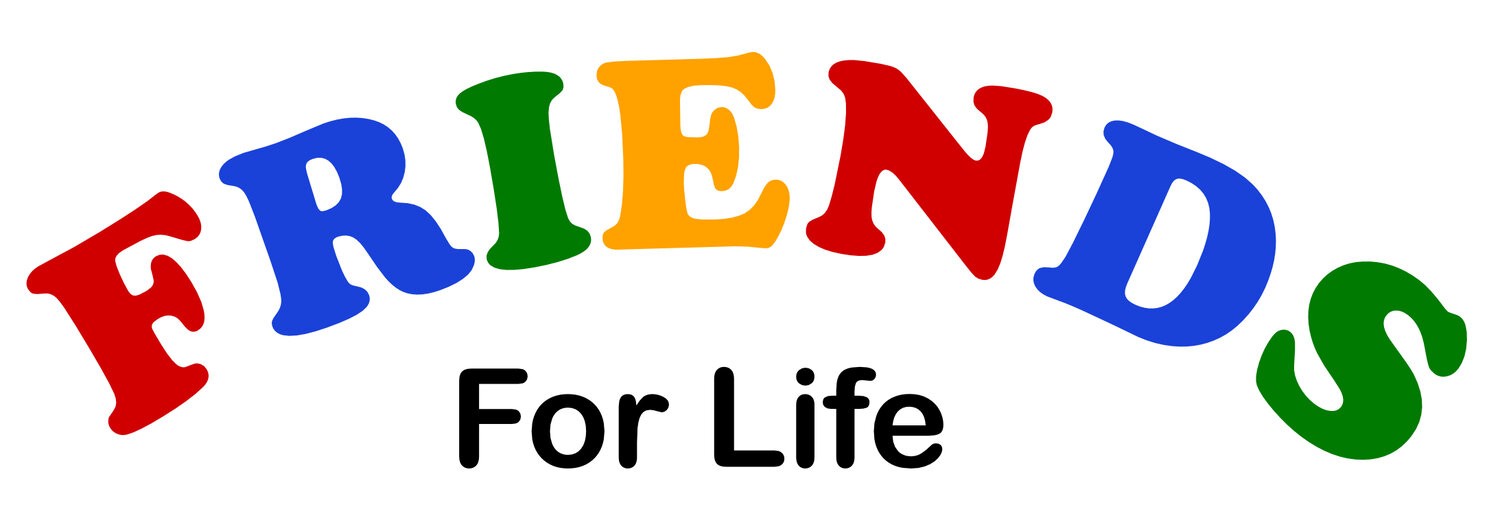Inclusion
Friends for Life is committed to creating an inclusive learning environment for the children and families within our program. Friends for Life’s commitment to inclusion means that all children and their families have the same access to high-quality early learning environments. Friends for Life works in partnership with families, supports, educators, and communities to ensure a holistic approach to inclusive care and learning.
Friends for Life is an Inclusive program promoting integration between children from all cultural, family backgrounds, identities, and abilities. Inclusion is embedded in all aspects of our program and is supported by centre culture, policies, and our everyday practices.
Using a collaborative approach, Friends for Life helps children develop an understanding and respect for diversity by developing a program rich in cultural diversity and appreciation for the similarities and differences within our classroom communities.
Friends For Life does our utmost to enhance the competence and confidence of families and children living with diverse needs and abilities. Families are involved in identifying skills, goals, and curriculum opportunities that are of priority for their child(ren) and are encouraged to take an active role in our programs.
Partnerships with Outside Professionals:
Friends for Life works in partnership with families and outside professionals, such as Speech & Language Therapy, Occupational Therapy, and Early Intervention. Inviting and encouraging these supports to participate in our program in the most naturalistic ways is important to incorporating these supports in our social setting. Outside professionals actively work with our Inclusion Coordinators and Early Childhood Educators to implement meaningful strategies into our existing program as a basis for teaching skills in a more inclusive way.
Routine-Based Plans (RBP’s):
Our Inclusion Coordinators collaborate with families, educators, and outside professionals to develop Routine-Based Plans. Routine-Based Plans are data driven, child specific plans that are strength-based and goal oriented. They are embedded into our program inclusively by utilizing the child's routine as a basis for implementation. Routine-Based Plans are developed to flow within the context of meaningful play activities, during routines and over all areas of the child’s early learning experience.
To assist in the collection of meaningful data in Routine-Based Plan development, teams use a variety observations methods, developmental tools, written records, and photographical documentation, such as audio or video. This documentation is useful to monitor children’s progress and to assist children, families, and educators with school transitions.
